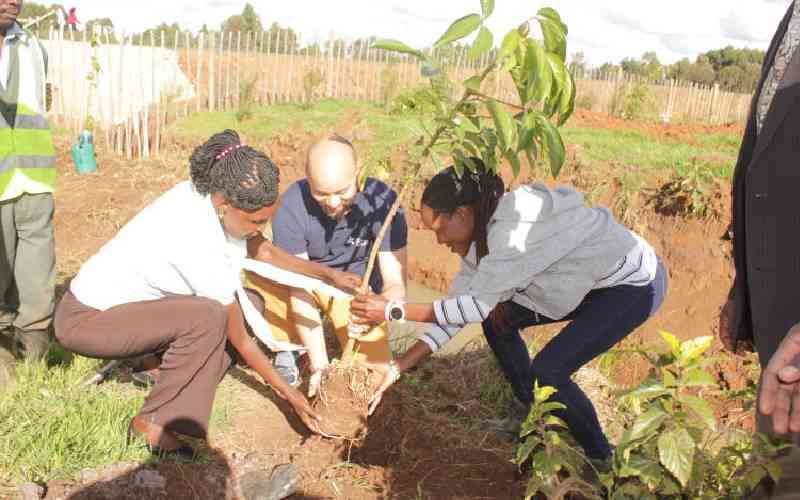×
The Standard e-Paper
Join Thousands Daily

I recently stepped out of my apartment to breathe cleaner air, having worked behind closed doors for hours, in what felt like a prison.
If not acting introvert in these residences where one barely knows the next door neighbour, pets and nature work when family and friends can't be there.